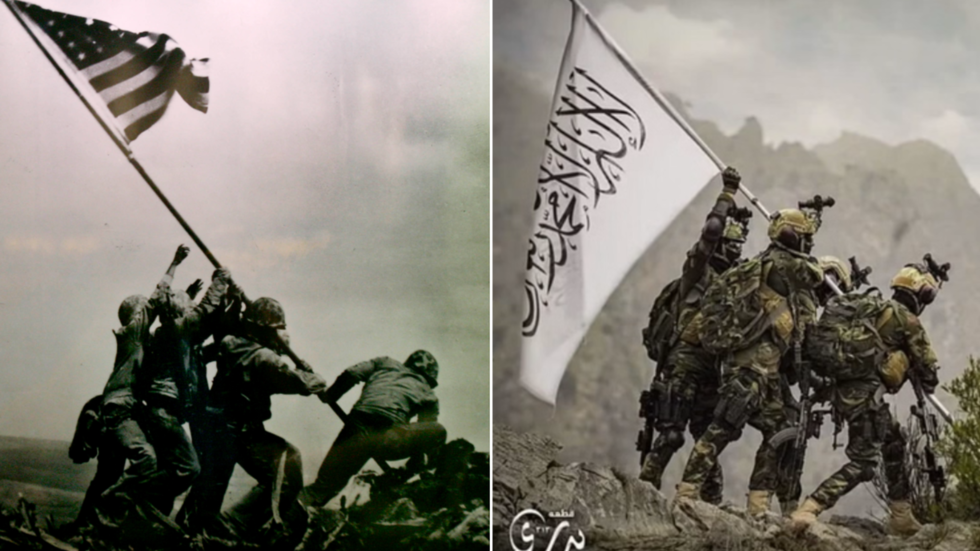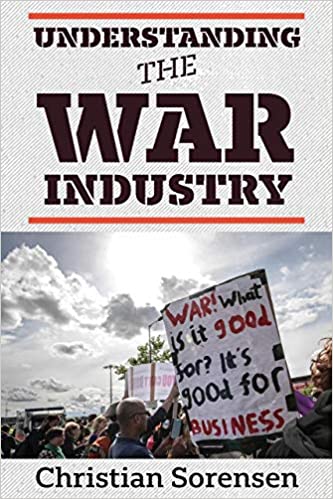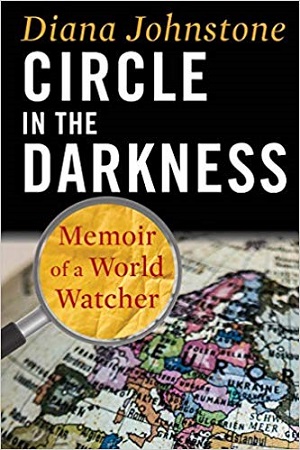The Taliban’s clever parody of American exceptionalism quickly went viral. They have every right to be proud of defeating the Empire single-handed. Ok, with help from their Pakistani, Saudi and Emirati friends, and in the final lap, the Empire itself as it abandoned state-of-the-art boy toys.
The photoshopped collage provides a neat set of bookends for the Empire. 1945--2021. America’s declaration of empire in 1945, and America’s (sort of) admission of the end of empire in 2021. Japan surrendered to the US September 2, America’s formal departure from Kabul is slated for August 31, though the real anniversary could be August 15, when the Taliban captured the presidential palace in Kabul, prompting other collages comparing the follies of empire and the real thing.



 Although covid-19 exact origins are still in dispute, it appears to be another case of the virus jumping from the animal kingdom into humans, like the bird flu or swine flu. It is almost certain it was a bat virus ingested by pangolins and passed on to humans, as Chinese medicine prizes pangolin scales (it is the only scaled mammal). It’s flesh is also prized.
Although covid-19 exact origins are still in dispute, it appears to be another case of the virus jumping from the animal kingdom into humans, like the bird flu or swine flu. It is almost certain it was a bat virus ingested by pangolins and passed on to humans, as Chinese medicine prizes pangolin scales (it is the only scaled mammal). It’s flesh is also prized. 
 First, Diana Johnstone’s memoir is a classic, and will be read and quoted as long as we keep struggling for peace and justice. It is one of the great personal accounts of the anguished decline of our
First, Diana Johnstone’s memoir is a classic, and will be read and quoted as long as we keep struggling for peace and justice. It is one of the great personal accounts of the anguished decline of our 



